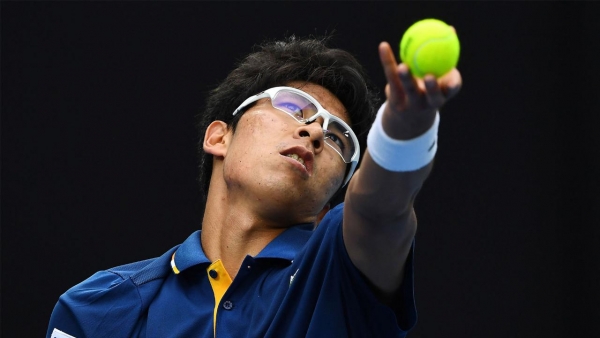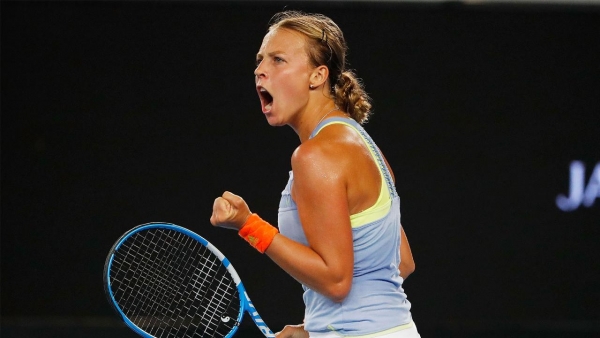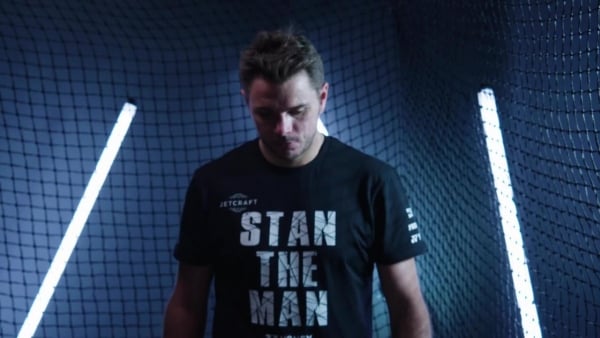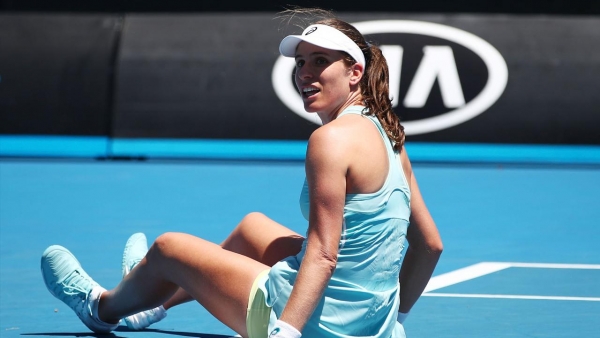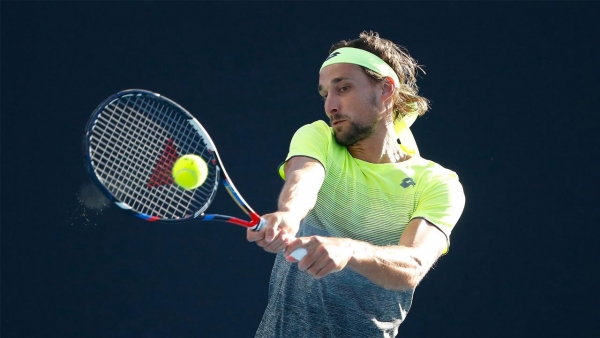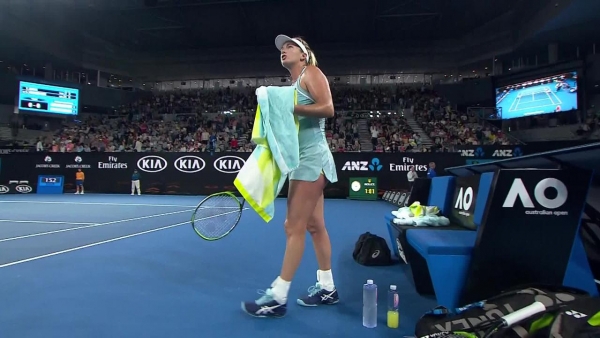The Australian Open rumbles on with some intriguing match-ups set to light up the later stages.
However, some top talent and highly ranked stars left Melbourne Park without a ticket into the second week.
Was it the pressure? Was it an inspired opponent? Well, we have taken six of these players to assess what they can adjust or boost in their game to reach those major milestones.
Alexander Zverev – versatility
The 20-year-old is pretty much the real deal and enjoyed a burst into the upper echelons of the game in 2017. He’s beaten Roger Federer, he’s beaten Novak Djokovic.
However, he is still found wanting in the Grand Slams. A fourth round is his finest major showing at Wimbledon, whilst his Australian Open 2018 campaign matched his best run into the third round.
He fell to the Next Gen prodigy Hyeon Chung, who has also toppled Novak Djokovic this week. The alarm bells shouldn’t be ringing, but it’s another early exit for the German.
A pounding serve and piercing groundstrokes are his platform, but he needs a bit more variety to mix it up, interrupt an opponent’s rhythm, essentially a ‘Plan B’ for when his flat, first-strike power game isn’t firing on all cylinders.The net play is improving and that is an avenue that will be worked on with Juan Carlos Ferrero relentlessly.
Jelena Ostapenko – second serve
The Latvian thrives in the perpetual pursuit of the winner, with a gasp-drawing, full-throttle brand of tennis.
That fearless striking launched the 20-year-old to a maiden Grand Slam title at Roland Garros last year.
Since then, a frailty on the serve, particularly on the second delivery, has been exposed.
The ball toss is rarely consistent and she is susceptible to sprinkling in a double fault or two.
Imagine how imposing she would be with a big serve to compliment her cannonball ground game.
Jack Sock – focus and intensity
The American proved at the back end of 2017 what he can achieve when he knuckles down.
The world No.9 blazed to a first ATP Masters 1000 title in Paris, before reaching the semifinals at the ATP World Tour finals.
The 25-year-old loves to interact with the crowd, is a jovial on court character, but frequently falls out of focus and the head can drop. A prime example was his first round defeat to Yuichi Sugita at Melbourne Park.
When he’s slightly off par, Sock can lack the intensity that the players clinching major titles possess.
A fit and focused Sock could be a serious major contender.
Johanna Konta – net play
The Brit is a tricky opponent to break down. The Wimbledon semifinalist is a fierce competitor, with meticulous preparations.
Konta is aggressive off both wings, is a very direct player and can re-direct pace at consummate ease.
With that in mind the 26-year-old really should bolster her repertoire at the net, as a few wild volleys ping outside the confines of the court.
Konta gets low, so she has a game suited to striking damaging approach shots. The British No.1 can become embroiled in series of gruelling rallies at the baseline, so adapting her attack could also preserve plenty of energy.
Lucas Pouille – consistency
The Frenchman is only 23 and is ranked No.18. There is certainly no cause for panic, but a round one loss at the hands of qualifier Ruben Bemelmans wasn’t on the wish list.
Pouille can be very hot or very cold. His on court endeavour is faultless, on the other hand, he can become very passive and lock into gruelling battles.
The serve and shots are pretty fine-tuned. You don’t beat Rafael Nadal over five sets at the US Open (2016) with a sketchy game.
It appears Pouille’s inconsistent results are more to do with belief. On song, he clatters the ball with great conviction, otherwise he is very cautious.
A thorough game plan could be the trick, but his approach in 2018 must be positive.
CoCo Vandeweghe – temperament
Pat Cash’s arrival as coach last year seemed to defuse CoCo’s temper. The American is a fiery athlete and in the past, has let her competitive instincts overwhelm the game plan.
The first-round fall to Timea Babos witnessed the temper return as the American unravelled.
Cash will be keen to harness the world No.9’s passion to boost an aggressive gameplan. They certainly won’t want that fire to go to waste.
Players vent in different ways and CoCo will be eager to let the in-match frustrations simmer, rather than boil over.
